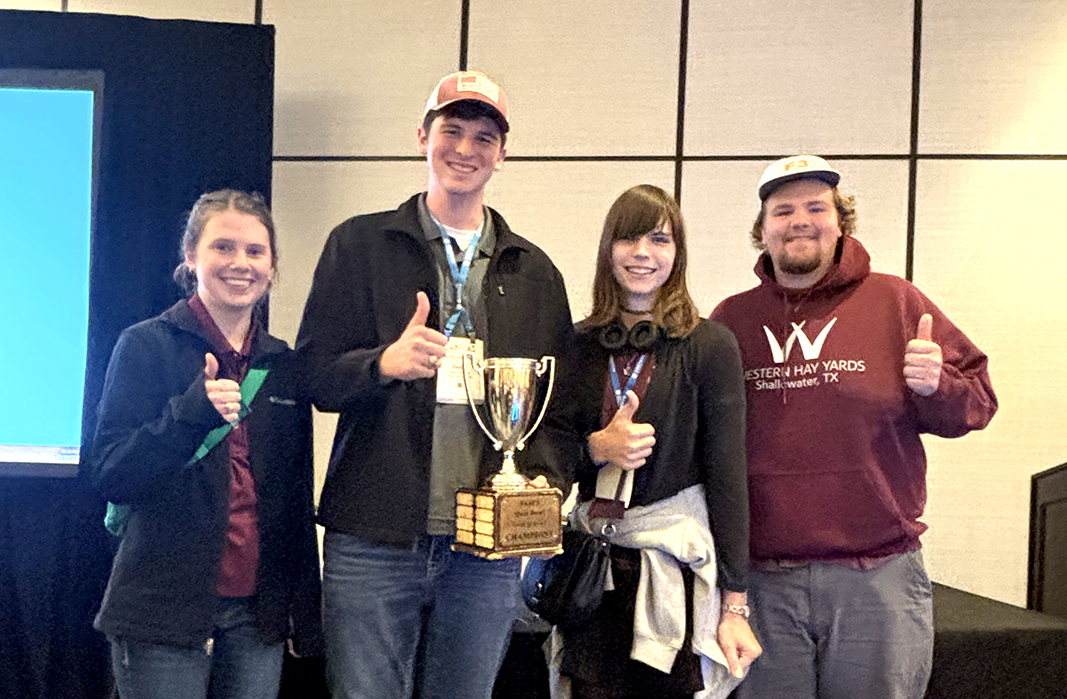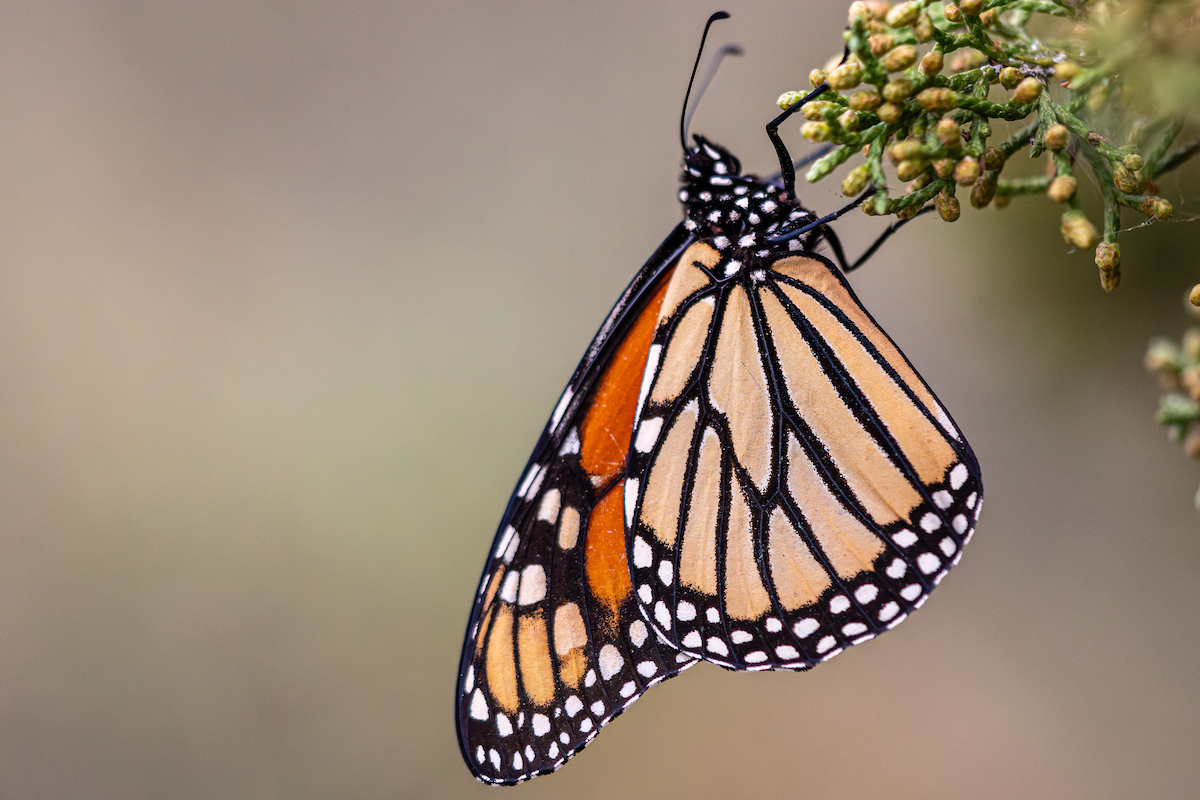Texas Master Naturalist Program receives award to support native pollinators statewide
H-E-B Grocery Company funds projects through Pollinators for Texas initiative

The Texas Master Naturalist Program received $50,000 in grant funding to support community projects benefiting the state’s diverse native pollinator populations.
The grant, awarded by Texas-based grocer H-E-B, is part of the company’s new Pollinators for Texas initiative. Individual Texas Master Naturalist chapters are eligible to receive up to $3,000 to support large-scale, community-based projects that enhance biodiversity while supporting native pollinators and their habitats.
“This funding offers a unique opportunity to inspire ongoing, meaningful engagement in pollinator conservation efforts, both from volunteers and the communities they serve,” said Mary Pearl Meuth, Texas Master Naturalist assistant state coordinator with Texas A&M AgriLife Extension Service.
Impact on local communities
The Pollinators for Texas initiative aims to benefit Texas communities through the restoration and creation of pollinator-friendly habitats. This includes the establishment of native plant gardens, also known as wildscapes, and engaging the public in conservation-based education and volunteer activities, among other efforts.
“Native pollinators give our Texas ecosystems so much, from the critical role monarch butterflies play in sustaining our beloved wildflowers, to the pollination and pest-control services bats provide Texas crops like cotton and corn,” said Anahi Villarruel, H-E-B environmental affairs project manager.
Villarruel said protecting pollinators is essential to safeguarding Texas biodiversity, food security and the health of ecosystems upon which humans and wildlife rely.
How chapters can apply for funding to support pollinators
Texas Master Naturalists chapters can apply for project funding Oct. 15-Nov. 30. Eligibility requirements, application instructions and more information can be found on the Pollinators for Texas website.
“Our Texas Master Naturalist volunteers are already implementing and providing technical guidance on similar pollinator projects, but this initiative will enable larger impacts on a habitat and landscape scale,” said Michelle Haggerty, Texas Master Naturalist state coordinator with the Texas Parks and Wildlife Department.
About the Texas Master Naturalist Program
Established in 1998 as a partnership between AgriLife Extension and the Texas Parks and Wildlife Department, the Texas Master Naturalist Program works to develop a corps of well-informed volunteers.
These volunteers provide education, outreach and service dedicated to the beneficial management of Texas’ natural resources and natural areas within their local communities.





